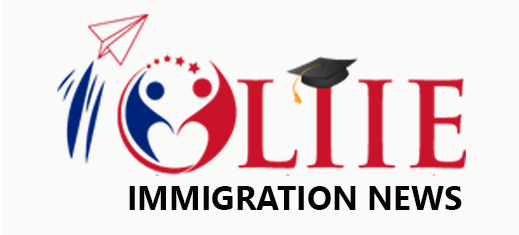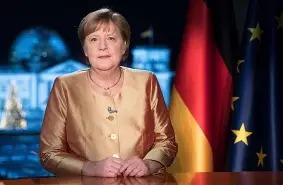18 November 2025
A former senior German official has shed new light on Angela Merkel’s dramatic 2015 decision to suspend key EU asylum rules at the height of Europe’s refugee crisis.
In an interview for the BBC World Service’s programme Witness History, Aydan Özoğuz — Germany’s Minister of State for Immigration, Refugees and Integration from 2013 to 2018 — recalls the intense scenes and political pressures surrounding the moment Merkel temporarily set aside the EU’s Dublin Regulation, allowing Syrian asylum seekers to pass freely into Germany.
Özoğuz describes a 2015 visit to Kilis, a Turkish city just across the Syrian border, where thousands of refugees fleeing war in Syria, Iraq and Afghanistan were being sheltered. The scale of human suffering, she says, was undeniable — and it would directly influence Germany’s response.
Back in Europe, the number of asylum seekers arriving was rapidly growing. Merkel’s decision to suspend the Dublin rules, which normally required refugees to claim asylum in the first EU country they entered, became one of the most consequential — and contentious — policy moves of her long leadership. Supporters viewed it as a necessary humanitarian step; critics accused her of overstepping EU protocols and triggering wider political tensions across the bloc.
The Witness History episode revisits that pivotal period through Özoğuz’s first-hand account, supported by archival material. The long-running BBC series brings listeners face to face with key moments in modern history, offering daily nine-minute journeys into events ranging from the end of World War II to scientific breakthroughs and cultural landmarks.
Recent editions have examined topics as varied as Adolf Hitler’s final days, the first spacewalk, the making of Jaws, the Kobe earthquake, and even the story of “Lonesome George,” the world-famous tortoise. Historical figures such as Eva Perón, Ronald Reagan, Jacques Derrida, and Schindler’s List author Thomas Keneally have also featured prominently.
Through its eyewitness approach, the programme continues to illuminate the human stories behind world-shaping events — including Merkel’s defining moment during Europe’s largest refugee movement since World War II.
WRITTEN BY: LIIE IMMIGRATION


